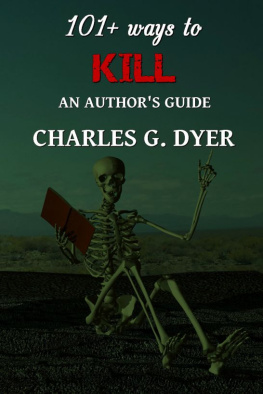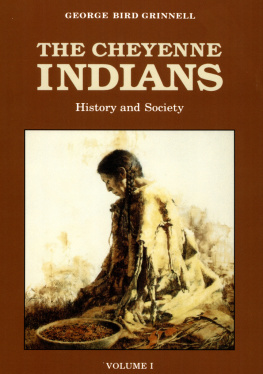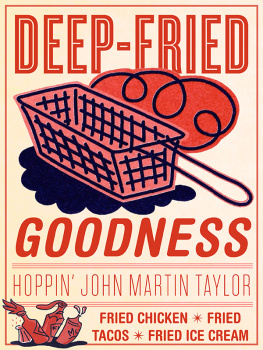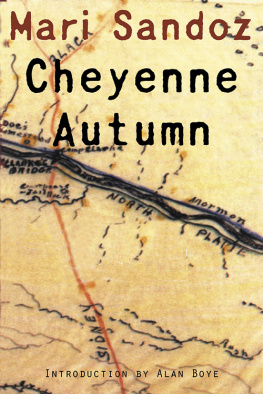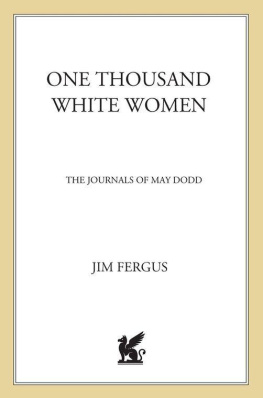101+ waysto
KILL
AN AUTHOR'SGUIDE
CHARLES G.DYER
Copyright 2013 Charles G. Dyer
All rightsreserved.
ISBN:
ISBN-13:
License
Thank you forpurchasing this book. It remains the copyrighted property of theauthor, and may not be reproduced, copied and distributed forcommercial or non-commercial purposes. If you enjoyed this book,please encourage your friends to purchase their own copy atSmashwords.com, where they can also discover other works by thisauthor. Thank you for your support.
Disclaimer
This book isnot intended as a manual for miscreants. It was written to aidauthors in their quests for variations in their works of fiction. Icannot be held responsible for misuse of the contents.
CONTENTS
CHAPTER ONE - INTRODUCTION
At conceptionof this book, I thought that I would be hard-pressed to find 101ways to kill. On completion, this text accounts for more than 160methods and it has only scratched the surface of this gorysubject.
The mostuntrustworthy and dangerous species on Earth is the human. Forthousands of years people have been deceiving and killing eachother. As intellect and technology have evolved, both have beenvigorously applied to man's insatiable lust for killing.
As omnivorouscreatures, humans need meat and so it is understandable thatkilling is second nature to mankind. However, the majority ofhumans have never resorted to cannibalism so why the penchant forkilling other people?
The reasons arecomplicated and essentially can be categorised into good and badmotives. The evil motivations for killing stem from greed,jealousy, lunacy, fanaticism, politics, racial divisions andhatred. On the other hand, the so-called good rationality fortaking somebodys life may be fear, self-preservation, protectionof innocents, protection of ones possessions or territory, thepursuit of justice and perhaps to end suffering in the case ofeuthanasia.
As if it werenot bad enough at an individual level, humans took the art ofkilling each other to the next level, war. At the dawn of time,before histories were recorded, clans and tribes fought each otherover hunting grounds, possessions and any other excuse. With theadvent of nations came an escalation in war.
By and large,the reasons for war were always both good and evil. A grand ironyfrequently existed during wars in that often both sides werepraying to the same god for protection and victory.
A particularlyinsidious and despicable chapter in our history was supposedlyexecuted in the name of good but in reality it was especially evil.The Inquisition was founded to root out heresy and to ensure thateveryone was unquestionably Christian. This abuse of power by thechurch led to torture and countless deaths of innocent people. Themethods used were particularly gruesome and inhumane. Ultimately,the system was a failure and it probably did more long-term damageto religious faith than any other mechanism.
The discoveryof gunpowder provided humans with a set of more efficient ways ofkilling each other but a certain amount of chivalry remained.Opposing forces met in fields away from civilian populations andsystematically shot at each other until one side was wiped out orsurrendered.
Industrialisation really gave killing a fantastic boost. Weaponsophistication reached new heights. Everyone had the capacity tokill dozens of people at a time. War became impersonal and chivalrydied during the First World War.
The real horrorof the Second World War was only fully realised after the Naziperpetrators were vanquished. Their genocidal ethnic cleansingpolicies were a new and terrifying aspect of mans inhumanity toman. The Nazis made the killing of their victims into aslave-driven industry. For the first time in history, insanity hadattained national and epic proportions.
Since theSecond World War, the human appetite for killing has not beensated. Civil wars have rocked every continent and internationalwars have been waged with almost no period of global peace betweenthem.
What drivesthese ghastly events? Politics and religion are the primaryoffenders. Usually, only one man or woman was required to start theball rolling. If they used persuasive arguments, they soon had afollowing that were more than willing to carry out their designs.People are gullible and easily led.
Intimidationalso plays a significant role. Sometimes, threats to family andfriends, whether implied or actual, are all that are necessary toget a person to bear arms and be prepared to use them.
Not manyanimals kill for sport and those that do indulge in such quirkybehaviour do not go in for wholesale slaughter. The worst offendersare domesticated cats and dogs but wild animals of various specieshave also been known to kill and not consume their prey. A fox in achicken run will kill all the birds but it will only run off withone.
Death is one ofthe inescapable certainties of life. Even planets, stars andimmortals can be destroyed. It is curious how people have dealtwith the inevitability of death.
Euphemisms andthe notion of some form of life after death dominate our lives.Many religions postulate that the soul continues to exist after thebody ceases to function.
Some culturesbelieve that reincarnation is what happens, regardless of the deedsof the individual during their lifetime. Others offer thealternatives of heaven or hell as the destination, depending onbehaviour during life.
To soften thepsychological effects of death and killing, our language hasdeveloped to almost confusing proportions. Here is a short list ofa few of the alternate words and phrases, some of which are quitequaint:
Died.
At peace.
Bought thefarm.
Cashed in one'schips or cashed out.
Crappedout.
Croaked.
Deceased.
Decedent.
Departed.
Expired.
Gave up theghost.
Gone or he'sgone.
Kicked thebucket.
Passed on orpassed or passed away.
Perished.
Popped off.
Snuffed it orsnuffed out.
The late.
Kill.
Annihilate.
Assassinate.
Bump off.
Butcher orslaughter.
Coup degrce.
Despatch.
Destroy.
Eliminate.
Eradicate.
Ethniccleansing.
Euthanase.
Execute.
Exterminate.
Liquidate.
Lynch.
Massacre.
Mow down.
Neutralise.
Polish off.
Put to death orput down or put to sleep or put away.
Shoot or shootdown.
Slay.
Stamp out.
Strike orstrike down.
Take out ortake off.
Terminate.
Waste.
Wipe out.
Zap.
~##~
CHAPTER TWO - HANDS AND FEET
Besidesintelligence, probably the most important advantage that man hasover other animals is dexterity. Granted, apes are similarlyequipped but they are not as inherently aggressive as humans.
Hands have beenused since time immemorial for killing. No doubt, the first bird tobe killed for a meal was first stunned by a stone thrown by aprimordial mans hand. He then grabbed the creature and wrung itsneck with his hands.
Throttling is a quiet and effective way to kill a humanas long as the aggressor is more powerful than the victim.
Breaking the neck of another person requires sometechnique and strength. A few methods exist and are all variationson a theme. The half nelson or better yet, the full nelsonwrestling hold entails looping ones arms under those of the victimand clasping the hands together behind his neck. Then by sharplyjerking ones locked hands forward, the vertebrae dislocate and thespinal cord is broken. After hearing the bones separate or break, afinal jerk is recommended to ensure that the spinal chord issevered too. Failure to do so may result in a living quadriplegicwho might be able to identify the killer.

